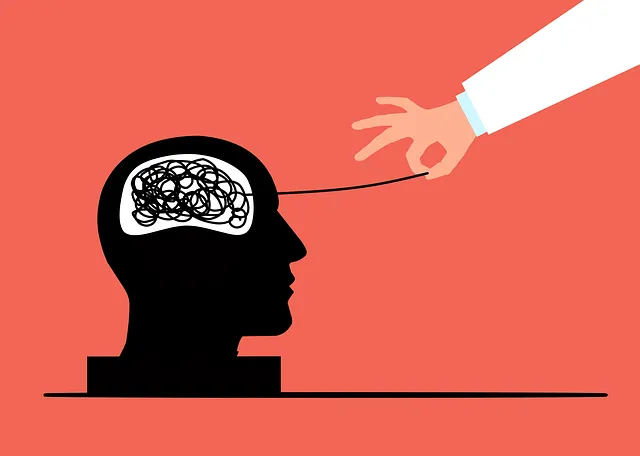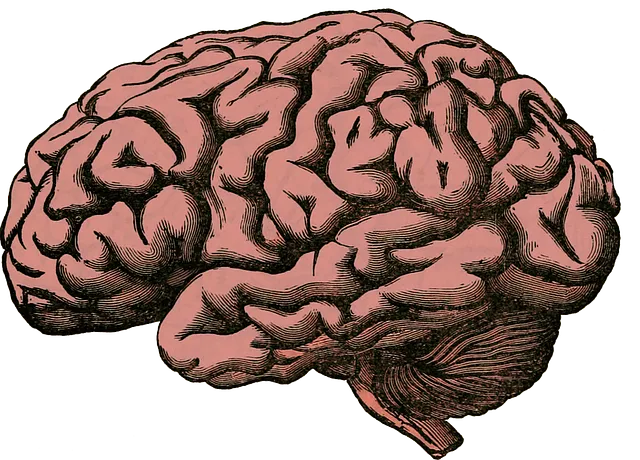Mental illness stigma, rooted in historical and cultural beliefs, leads to social isolation and avoidance of support. Organizations like Kaiser Permanente Longmont combat this through comprehensive mental health services free from judgment, offering holistic approaches including community engagement, storytelling, educational initiatives, and self-care practices, fostering acceptance and encouraging proactive mental health care without fear of judgment.
Mental illness stigma remains a significant barrier to access and treatment, affecting millions. This article explores strategies to reduce this pervasive social construct, focusing on understanding its root causes and impact. We delve into the role of healthcare providers like Kaiser Permanente in Longmont, known for offering comprehensive mental health services. Additionally, we present effective campaign strategies and emphasize community engagement as a powerful tool to break down stigma barriers together.
- Understanding Mental Illness Stigma: Causes and Impact
- Kaiser Permanente's Role in Mental Health Support
- Strategies for Effective Stigma Reduction Campaigns
- Community Engagement: Breaking Down Barriers Together
Understanding Mental Illness Stigma: Causes and Impact

Stigma surrounding mental illness is a pervasive issue that can significantly impact those affected. It often arises from misconceptions and a lack of understanding about various mental health conditions, leading to discrimination and social isolation. The consequences are far-reaching; individuals facing stigma may avoid seeking necessary support, resulting in prolonged suffering and potential worsening of their condition.
Mental illness stigma is multifaceted, with roots in historical and cultural beliefs. It can stem from fear of the unknown, religious doctrines, or societal norms that devalue certain emotions and behaviors. For instance, conditions like depression or anxiety disorders are sometimes stigmatized as signs of weakness or personal failure, when in reality, they are common and treatable medical issues. The Risk Assessment for Mental Health Professionals emphasizes the need to address these biases to provide effective care. Organizations like Kaiser Permanente Longmont play a vital role in combating stigma by offering comprehensive mental health services, fostering an environment where individuals can access emotional healing processes without fear of judgment.
Kaiser Permanente's Role in Mental Health Support

Kaiser Permanente plays a pivotal role in mental health support, offering a comprehensive range of services designed to improve emotional regulation and enhance overall well-being. Located in Longmont, their dedicated facilities provide accessible care for individuals seeking help with various mental health challenges. Beyond traditional therapy, Kaiser Permanente incorporates innovative approaches such as social skills training, emphasizing the importance of community engagement and support networks in fostering recovery.
The organization’s commitment to Mental Health Awareness is evident through its ongoing educational initiatives and resources aimed at destigmatizing mental illness. By promoting understanding and empathy, they create an environment where individuals feel comfortable seeking assistance. This holistic approach not only benefits patients but also contributes to a more supportive and inclusive community in Longmont and beyond.
Strategies for Effective Stigma Reduction Campaigns

Stigma reduction campaigns are a powerful tool to foster mental health understanding and acceptance. One effective strategy involves sharing personal stories and experiences with mental illness, as this can humanize the condition and challenge stereotypes. Engaging community leaders, influencers, and individuals who have overcome mental health challenges can help spread awareness and reduce stigma. Educational initiatives that provide accurate information about various mental health disorders are also vital. Kaiser Permanente’s Longmont location offers comprehensive mental health services, including counseling and support groups, which play a significant role in these efforts by providing accessible resources for the community.
Additionally, promoting self-care practices and encouraging open conversations about mental well-being can contribute to stigma reduction. Initiatives that focus on Self-Care Routine Development for Better Mental Health and offer Self-Awareness Exercises can empower individuals to take charge of their mental health proactively. By combining these strategies with ongoing Mental Health Awareness campaigns, communities can create a more supportive environment where individuals feel comfortable seeking help without fear of judgment.
Community Engagement: Breaking Down Barriers Together

Community engagement plays a pivotal role in Kaiser Permanente’s Longmont mental health services, aiming to break down barriers and foster understanding. By actively involving local communities, they initiate conversations that dispel myths surrounding mental illness. This collaborative approach involves hosting educational workshops, organizing support groups, and partnering with schools and other community organizations. Such initiatives ensure that mental health resources are not only accessible but also tailored to the unique needs of the Longmont community.
These efforts extend beyond individual interactions, encompassing comprehensive strategies like public awareness campaigns development and crisis intervention guidance. Through these means, Kaiser Permanente facilitates a collective shift, encouraging open dialogue about mental health issues. The organization’s commitment to integrating community engagement in its risk assessment for mental health professionals underscores its dedication to creating a supportive environment where everyone can access the care they need without fear of stigma.
Mental illness stigma reduction is a multifaceted effort that requires understanding, education, and community engagement. By recognizing the causes and impact of stigma, initiatives like those undertaken by Kaiser Permanente in Longmont can provide crucial support and destigmatize mental health issues. Effective campaigns that employ evidence-based strategies and foster open dialogue are key to breaking down barriers. Community involvement is essential, as collective action not only enhances access to mental health services but also creates a more inclusive environment where everyone feels comfortable seeking help when needed. So, through collaborative efforts, we can significantly reduce stigma and improve overall mental well-being in our communities.






